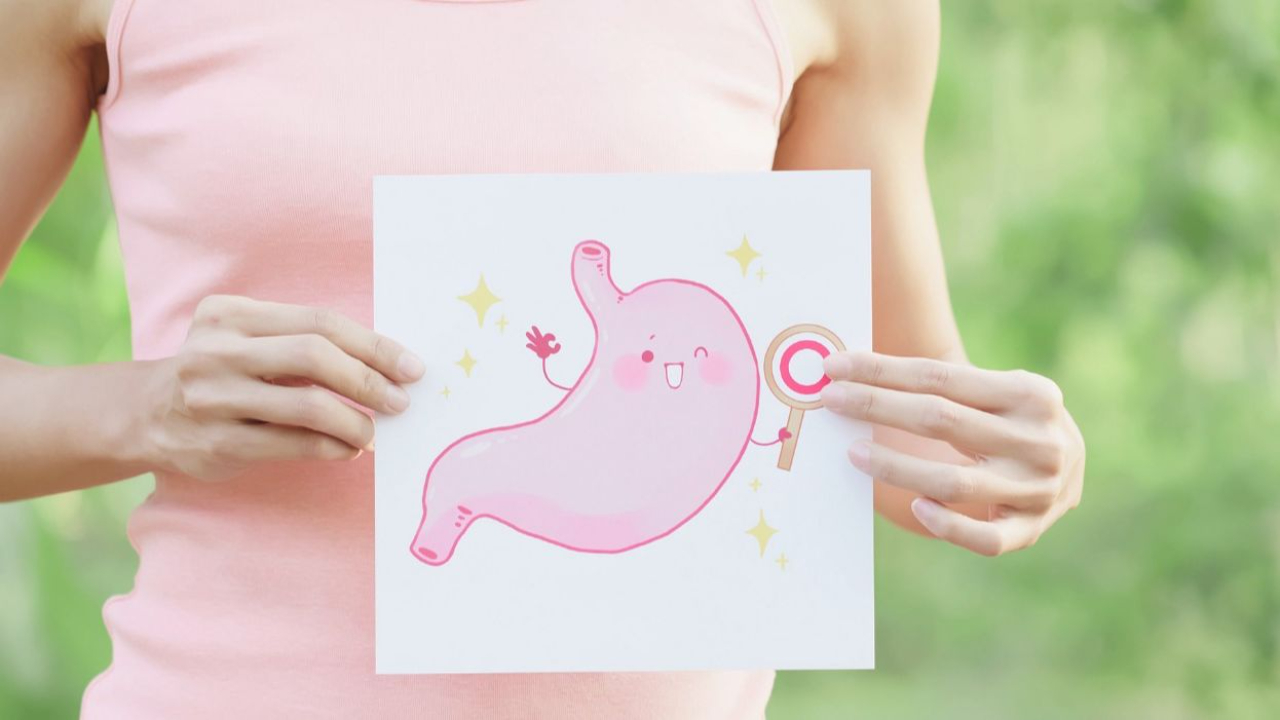What's the go with #GUTHEALTH?
Aug 13, 2022
#guthealth is trending right now on social media… but what does gut health really mean? Like everything, good gut health can mean different things for different people but generally speaking, good gut health is classified as:
1. Digestive comfort – not feeling uncomfortable, bloated or tired.
2. Regular stools that are passed easily – without straining or being too soft (i.e diarrhoea).
3. Healthy intestines that can digest food efficiently in order to provide us with the energy we need to function well.
Our gut microbiome is an extremely complex system with many factors coming into play to ensure it’s in tip top shape. The gut microbiome is linked to almost every organ in the body and therefore, it’s important that we do our best to look after it! It begins to develop from birth and is believed to mature in early childhood and is comprised of around 100 trillion micro-organisms that are mostly found in the small intestine and colon. They are extremely important for ‘normal’ gut development and function, and also provide us with essential nutrients like amino acids, vitamins and short-chain fatty acids. An imbalance of the good and bad bacteria in our gut has been linked to IBS development. However, the cause of IBS is multifactorial and it’s unlikely that an unbalanced gut microbiome is the sole cause and it is rather the roll on effect of this such as the activation of our gut immune system or the development of infections.
So, what can we do to help ensure our gut is the healthiest that it can be? Here’s some simple tips:
-
Get friendly with fibre (the part of plant foods our body can’t digest) – it is recommended adults consume 25-30g per day. This can be achieved by loading up on our plant-based food groups; fruits, vegetables, wholegrains, legumes (beans and pulses), nuts and seeds.
-
Make the swap to wholegrains from refined/processed carbohydrates. A simple swap is wholemeal or multigrain bread from white bread.
-
Include fermented foods where possible – a great cost-effective option is simple sauerkraut or kimchi and these can even be made easily at home!
-
Try to eat as diversely as possible. By eating a range of different foods, we feed a variety of species of our healthy gut bacteria. We want a collection of different gut bacteria as they all have unique roles and will create better health outcomes.
-
Ensure you’re getting adequate sleep and de-stressing – aim for 7-9 hours sleep and 15 minutes a day to do something for you. This helps relax and keep the effective communication of the BGA (check out the last blog post – Stress and Symptoms).
-
Move your body! Even just half an hour a day of increased heart rate has shown benefits.
Something that’s important to remember is that having IBS does not necessarily mean that you have poor gut health!! Like mentioned earlier, there are so many factors that contribute to the healthy functioning of our gut and IBS is just one of them. The elimination phase of the low FODMAP diet has caused concern regarding its restrictiveness and the possible implication of that on our gut microbiome if followed for long periods of time. However, it was only designed to be followed for four-eight weeks before progressing to the reintroduction and personalisation phase, which are much more relaxed and allow dietary diversity – a important component of ensuring a healthy microbiome.
Reference List:
1. Dr Bridgette Wilson. Could different types of fibre have unique effects on our gut bacteria? 2019. The Gut Health Doctor. Available from: https://www.theguthealthdoctor.com/all-articles/different-types-of-fibre
2. Dr Megan Rossi. Gut Health and Covid-19. 2020. The Gut Health Doctor. Available from: https://www.theguthealthdoctor.com/all-articles/gut-health-and-coronavirus-covid-19
3. Meenes S. The gut microbiome and irritable bowel syndrome. 2018; 7:F1000.doi: 10.12688/f1000research.14592.1
4. Everyday Nutrition Australia. Fibre & amp; a Low FODMAP diet. 2020.
5. Everyday Nutrition Australia. Gut Health, IBS, and the low FODMAP diet. 2020


